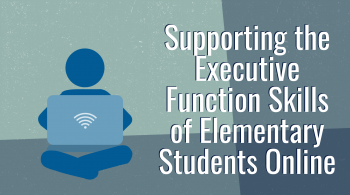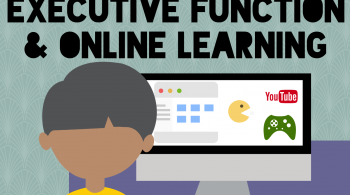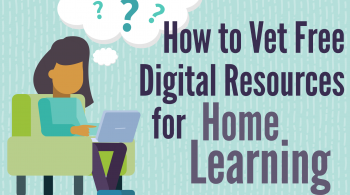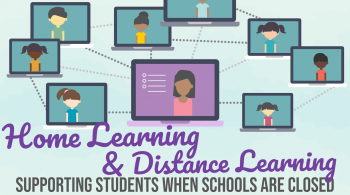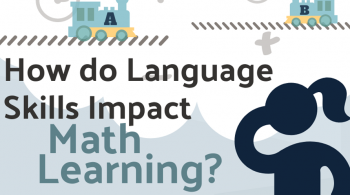By Lisa Carey, M.A. & Erin Jones
May 25, 2016
We asked a group of neuropsychologists at Kennedy Krieger Institute to share some of the myths they’ve encountered regarding people with intellectual disability (ID). Interestingly, the list of myths they generated all included the same word – can’t. It was striking to see how many of the circulating misconceptions about individuals with intellectual disability focus on perceptions of what they cannot do. In writing posts for the Linking Research to Classrooms blog these last few months, we have compiled many lists of myths to address, but none have included such a strong recurring theme.
As educational opportunities grow and improve for students with ID, their amazing talents and abilities are able to shine, showing the world how much they can do. Hopefully one day, this list of myths will look silly to those who read it. In the meantime, let’s get down to business and start busting some myths!
MYTH: Students with intellectual disabilities cannot graduate from high school with a diploma.
FACT: With special education supports and services, some students with ID are able to graduate from high school with a diploma. States vary in their options and requirements for high school graduation. For instance, in the state of Maryland, the Individualized Education Program (IEP) team, which includes the student’s family and/or legal guardian, determines if a student will work toward a high school diploma or certificate. The team is given guidance from the Maryland State Department of Education for determining the best option for the student. It is important to note that each case is individual and a decision should never be made based upon a diagnosis alone
MYTH: Students with intellectual disabilities cannot attend college.
FACT: A variety of college level programs exist for students with intellectual disabilities, and there are programs for students who have exited high school with Certificates of Completion or diplomas. ThinkCollege.net is a great resource that provides information on college options for people with intellectual disabilities.
MYTH: Students with intellectual disabilities cannot learn to read.
FACT: Many students with intellectual disabilities are able to learn how to read. It may take a student with an intellectual disability longer, require specific interventions, or follow different pathways, but reading skills are attainable.
MYTH: Student with intellectual disabilities cannot be successful in the general education setting.
FACT: Not only can students with ID make academic gains within the general education setting, there is evidence that social skills development is better-supported while being educated alongside non-disabled peers (Salend & Garrick Duhaney, 1999); however, in order for students to be successful, teachers and administrators must have knowledge and skills to support an inclusive educational program. Check out our post that discusses best practices for including students with intellectual disabilities in the general education classroom.
Should individuals with intellectual disabilities be defined by what others believe they cannot do? Absolutely not! No one should be defined by what others think they’re capable of. As educators, it is our job to unlock every child’s potential. We can only do so if we believe in our students’ ability to achieve what others think is impossible.







